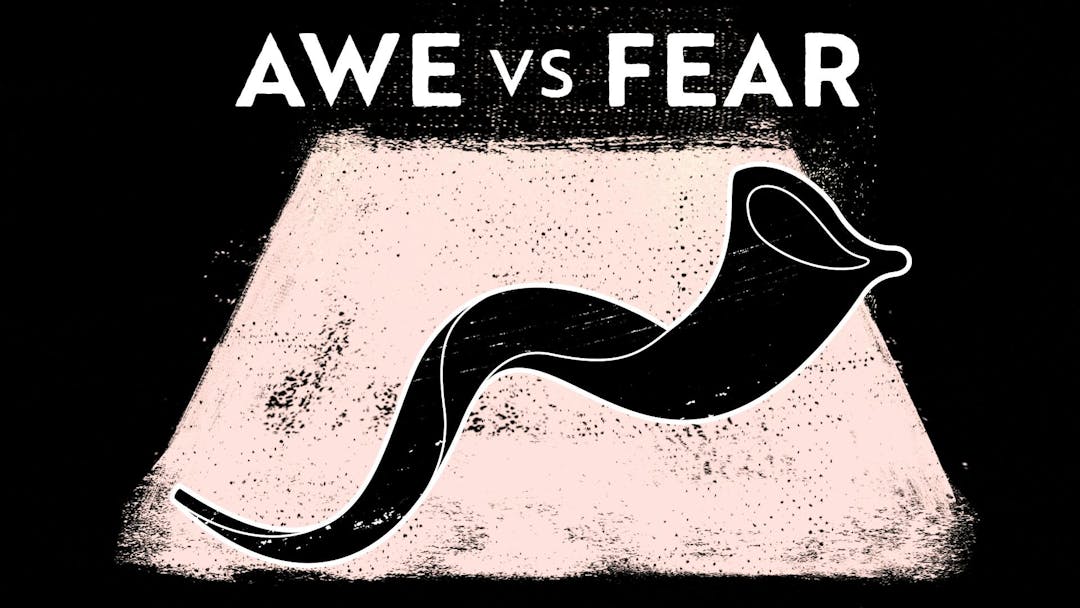Start your free trial today to unlock the full library and enjoy unlimited and uninterrupted access.
Get StartedThe High Holidays: Just How Guilty Should I Feel?
The High Holidays: Should I Feel Guilty?
The High Holidays should be a time of introspection, but it often feels like we're so overwhelmed by our own guilt, by the idea of coming to terms with ourselves, that we don't know where to start.
In this course, Rabbi Fohrman takes a deeper look at what are the 13 Attributes of Mercy and uncovers a path to finding true forgiveness during Rosh Hashanah and Yom Kippur.
Discover other great videos for the High Holidays at Aleph Beta, including ‘Unetaneh Tokef Interpretation & Meaning”, “What Is The Meaning and Purpose of Yom Kippur” and If Jonah Never Really Repented, Why Do We Read His Story On Yom Kippur?
Want to watch the full video for free?
Enter your email and we’ll send you a link to watch the full series free.
What is Aleph Beta?
Aleph Beta is a unique kind of Torah library. Led by our founder, Rabbi David Fohrman, we are dedicated to high-level, textual Torah learning for adults that is intellectually and spiritually sophisticated, that enlivens your Jewish practice and helps you forge a deeper connection to God. Whether you’ve been learning in yeshiva for years or you’re just beginning your Torah journey, you’re sure to find something meaningful and surprising waiting for you here.
Browse our library of over 1,000 beautifully produced animated videos, podcasts, deep dive courses, and printable guides. Topics include the weekly parsha, Jewish holidays & fast days, laws & mitzvot, prayers, relationships, big philosophical ideas and more. Have something to say at the Shabbos table that will amaze your family and guests and bring deep meaning into their lives.










